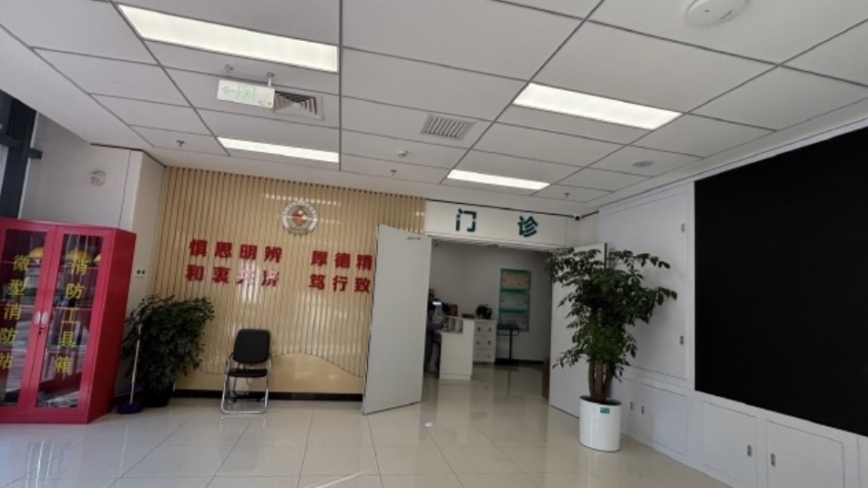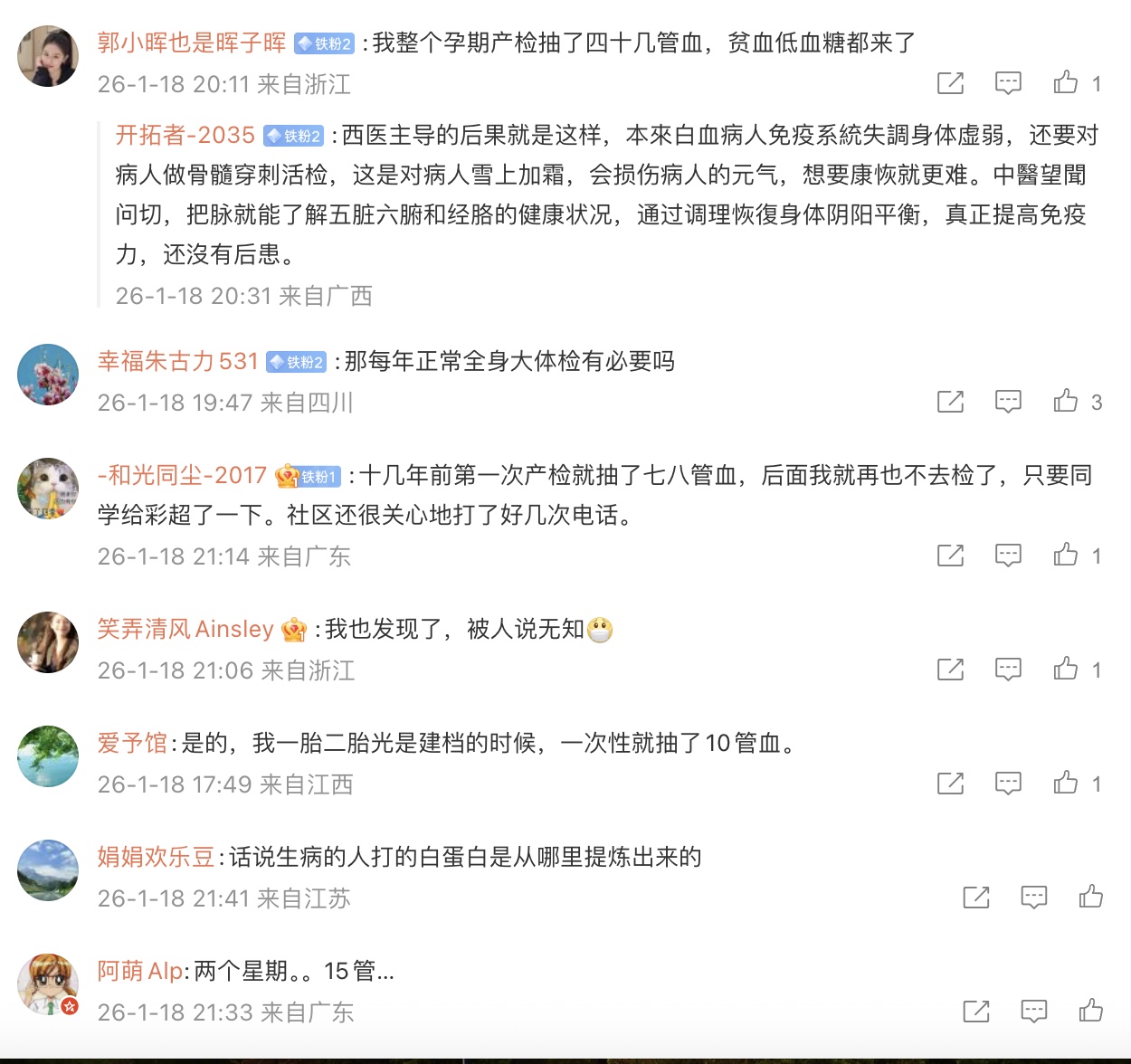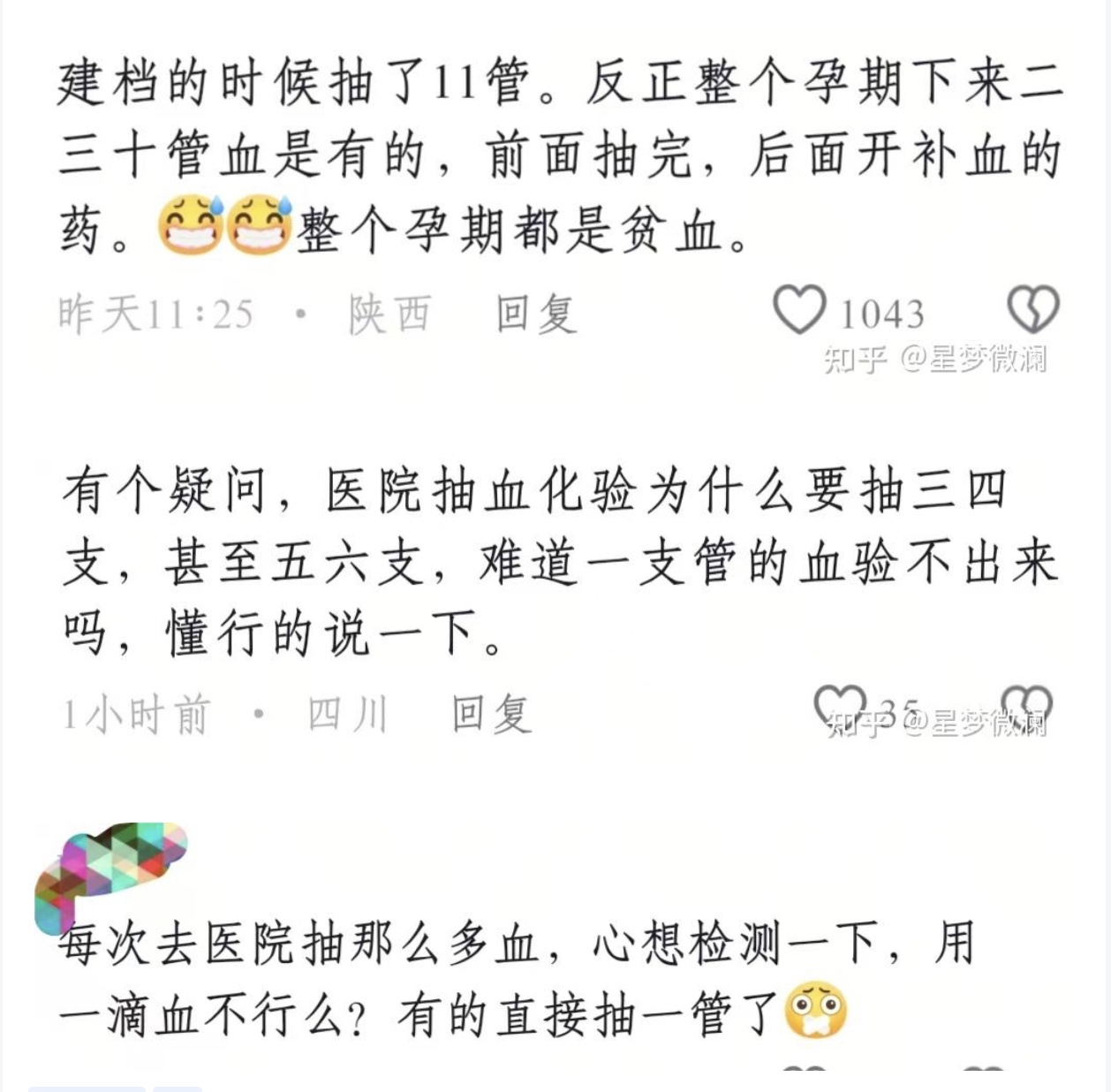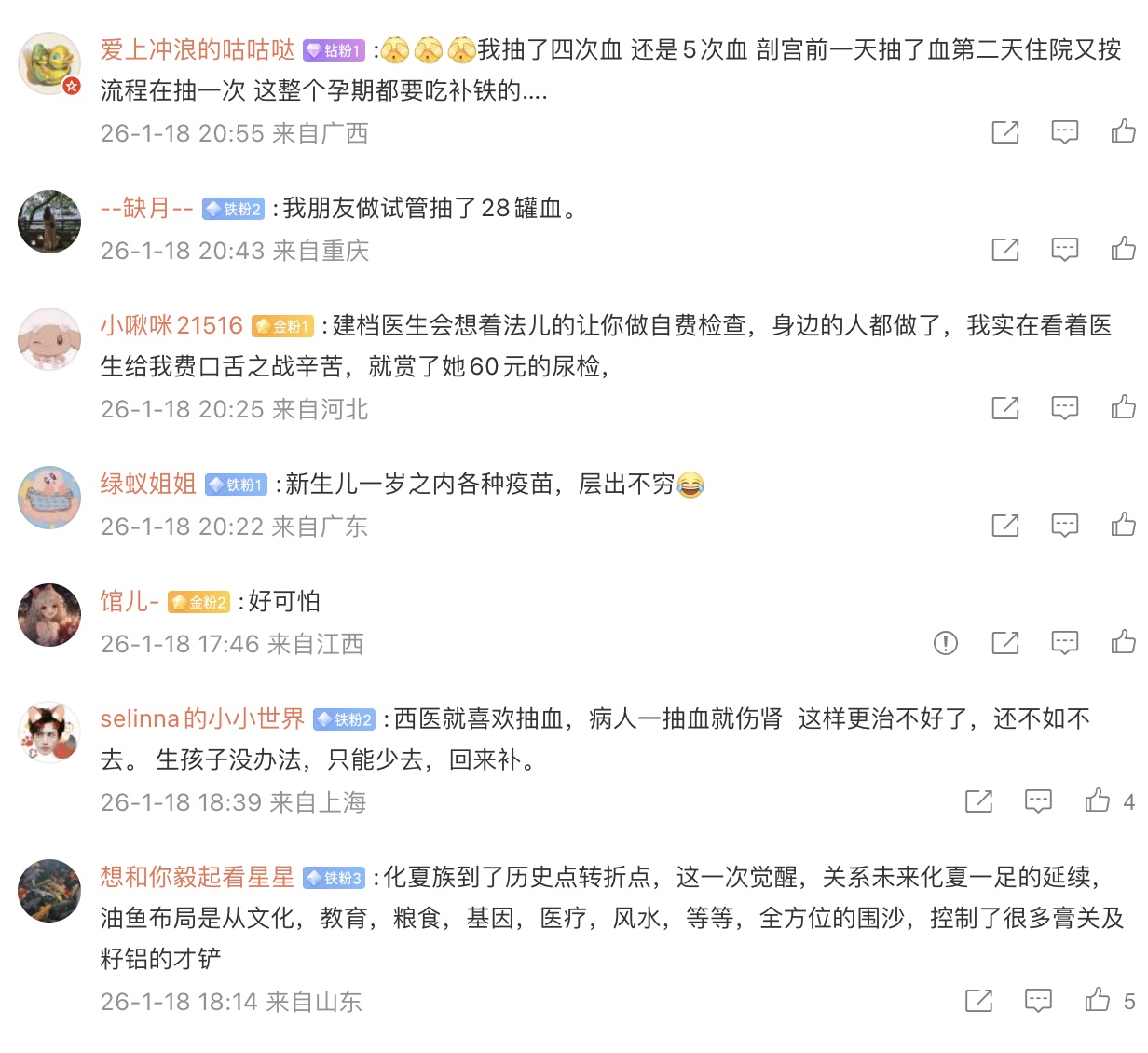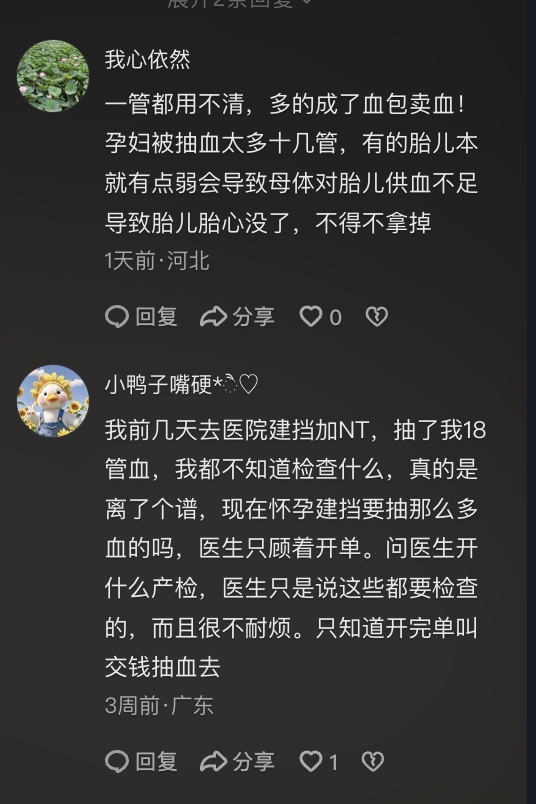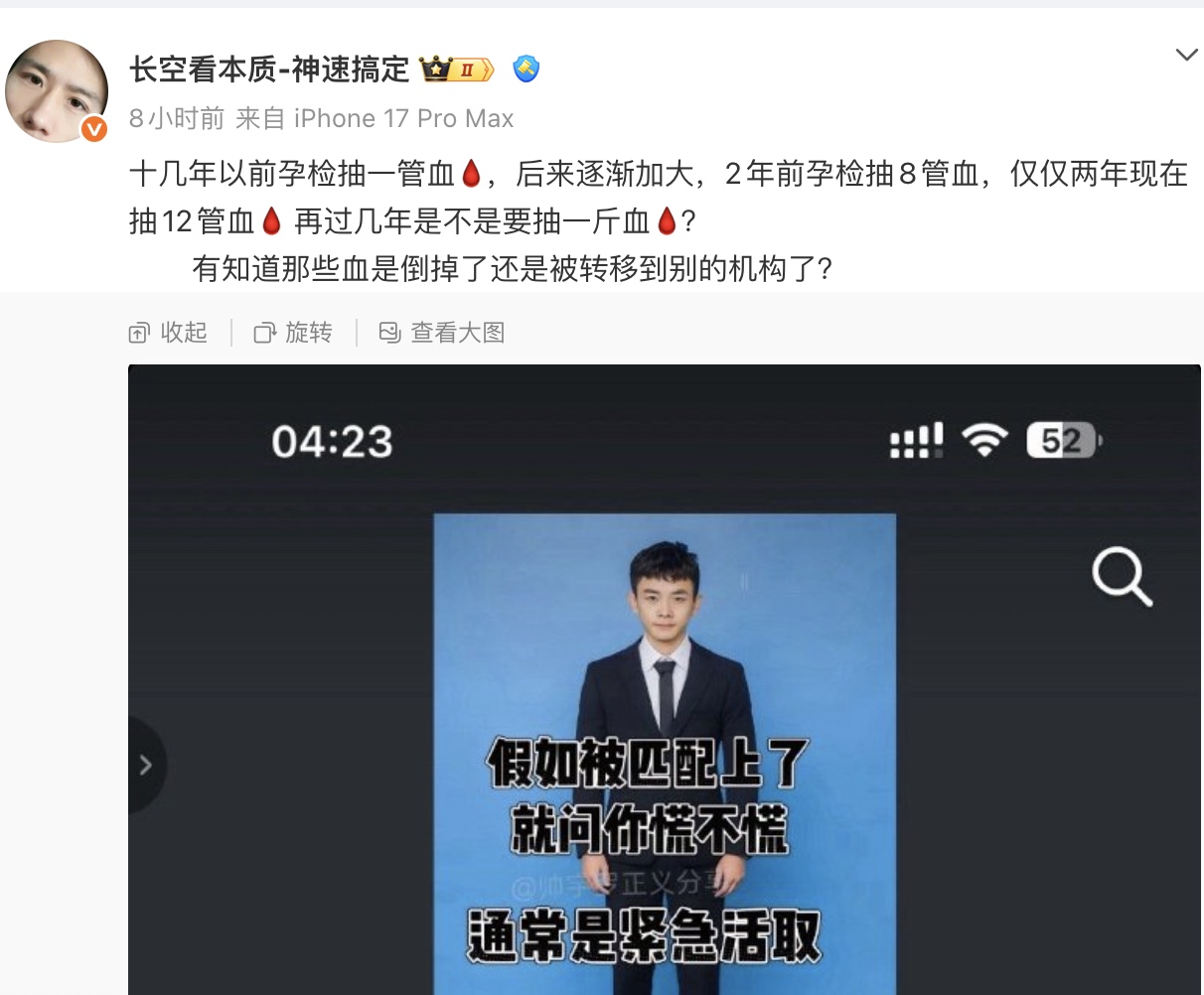Direct translation
Breaking news: Zhang Youxia and his entire family have been arrested; Zhong Shaojun and Liu Zhenli were also taken away at the same time.
Editor : Zhongkang / Source: People's Daily / https://www.aboluowang.com/2026/0122/2338161.htm
Independent commentator Cai Shenkun confirmed on January 21st at around 11 PM Eastern Time on social media that Zhang Youxia, Liu Zhenli, and Zhong Shaojun were arrested simultaneously, along with all of Zhang Youxia's family members. The CCP's top leadership has already been informed.
In addition to missing the opening ceremony of the seminar for provincial and ministerial-level leading cadres on studying and implementing the spirit of the Fourth Plenary Session of the 20th CPC Central Committee, Zhang Youxia also missed the scheduled annual event at the National Defense University.
More importantly, the wreath sent by Zhang Youxia for the death of former Deputy Chief of the General Staff, General Wei Fulin, was temporarily removed.

Image : Cai Shenkun X
Australian self-media personality Jiang Wangzheng, who frequently exposes the inner workings of the CCP bureaucracy, stated in a live broadcast late on January 20th at around 11 PM local time that he learned that Zhang Youxia had been summoned for questioning, that Zhang Youxia's son and his confidential secretary were under investigation, and that Liu Zhenli had been detained that afternoon. He only reported this news now after verifying it.
However, he believes that Xi Jinping will not investigate Zhang Youxia, but will only summon him for a talk.
Being summoned for a talk represents more of a form of supervision, possibly requiring you to explain the situation and clarify the facts. The purpose is to make the person being talked to reflect on their actions, essentially a warning.
Being investigated, on the other hand, suggests that you may already be involved in criminal activities.
Detention is a coercive measure taken by disciplinary inspection authorities. During detention, the person being investigated is completely isolated from the outside world. Detention can last up to 16 months. There's a rumor that once you're in the disciplinary commission's detention room, there's nothing to do but reflect on your crimes. In the end, everything is confessed; no one can withstand that.
Therefore, the key to observing Liu Zhenli is whether he reappears in the public eye. If he doesn't appear for a long time, he may be in danger.
The next day, January 21st, Jiang Wangzheng revealed again that the CCP had established a Central Military Commission Political Review Group, headed by Xi Jinping's confidant, CCP Standing Committee member Cai Qi. This is quite rare. Why is Cai Qi in charge, and not the Central Commission for Discipline Inspection or the Military Discipline Inspection Commission? Jiang Wangzheng explained that when a member of the Central Committee of the Communist Party of China (CPC) has problems, the investigation is conducted by the First Secretary of the Secretariat of the CPC Central Committee. Currently, Cai Qi holds the position of First Secretary.
He revealed that after Zhang Youxia signed some documents, he went home that afternoon, but his son and confidential secretary were taken away. Then, on the morning of January 21st, Zhang Youxia's administrative secretary and duty secretary were also taken away. On the evening of January 20th, several military officers who had dined with Zhang Youxia's administrative secretary were also taken to the Central Commission for Discipline Inspection (CCDI).
According to reliable sources obtained by Jiang Wangzheng, Zhang Shengmin has some influence over the Military Discipline Inspection Commission, but Zhang Youxia and Zhang Shengmin are in a community of shared interests. Currently, the Military Discipline Inspection Commission is reporting its work to Cai Qi. Jiang Wangzheng speculated that Zhang Youxia's problems might be quite serious, but further observation and verification are needed.
We should first discuss another matter related to Zhang Youxia's arrest.
On January 18th, a steam tank explosion occurred at the Baotou Steel Plate Plant in Inner Mongolia, mainland China. When Wang Weizhong, the Party Secretary of Inner Mongolia, went to "guide the work," he emphasized the need to implement the instructions of Cai Qi, a member of the Politburo Standing Committee. Wang Weizhong's elevation of Cai Qi to such a high position surprised many.
However, a later report from the Inner Mongolia news website showed that "Cai Qi's" name had been replaced with "Central Leader Comrade," with Wang Weizhong stating that "the spirit of the instructions from the Central Leader Comrade must be quickly implemented."
In response, Cai Shenkun posted on the X platform, stating that Wang Weizhong's elevation of Cai Qi to such a prominent position must have given Cai Qi a fright. This is because similar instructions in the past usually only included Xi Jinping's name, with Li Qiang's name rarely appearing. So, is it that the scale of the explosion did not meet the standard for Xi Jinping's instructions? Or has Cai Qi taken over some of Xi Jinping's power?
Does this sudden overstepping of Xi Jinping's authority by Cai Qi indicate some change in the power structure in the South China Sea?
Political commentator Chen Pokong analyzed on his self-media that one possibility for this shift from Cai Qi's instructions to those of a central leader is that Xi Jinping has encountered a major political crisis. Another possibility is that Xi Jinping suddenly fell ill, and no one dared to issue directives on his behalf, fearing he might actually be unconscious.
Chen Pokong stated that it's also possible Xi Jinping feigned illness to launch a counterattack against Zhang Youxia and the elders, seizing back power. This is because, following the massive explosion in Inner Mongolia, rumors circulated online on January 20th that Zhang Youxia and Liu Zhenli had been arrested.
Chen Pokong believes it's possible that Cai Qi orchestrated a scene with Xi Jinping, feigning illness to prevent him from issuing directives, with Cai Qi acting on his behalf. Zhang Youxia and Liu Zhenli, believing Xi was seriously ill and unprepared, were caught off guard and successfully counterattacked. Therefore, Cai Qi's name was changed to "Comrade of the Central Leadership."
Of course, many influential bloggers also believe the news of Zhang Youxia's arrest is unreliable.
Former Navy Lieutenant Colonel Yao Cheng believes that Xi Jinping has lost power in the military and is incapable of arresting Zhang Youxia and Liu Zhenli.
Recently, Yao Cheng revealed in a live broadcast that Zhang Youxia will resign as Vice Chairman of the Central Military Commission during next year's Two Sessions, setting an example by stepping down first, thus coercing Xi Jinping to resign from his positions as President and Chairman of the Central Military Commission. Therefore, the rumors circulating online these past two days about Zhang Youxia's troubles and Cai Qi's instructions regarding the Baogang explosion are not entirely unfounded. Yao Cheng stated that while some within the CCP also hope Xi Jinping will step down sooner, they do not agree with arresting him, as this would cause severe internal turmoil and affect the stability of the regime.
Du Wen, former Executive Director of the Legal Advisory Office of the Inner Mongolia Autonomous Region Government, directly pointed out that Zhang Youxia's arrest is a rumor.
He analyzed that, based on historical experience, absence from such meetings does not necessarily indicate a purge. Statistics show that this is the 13th such seminar held since Xi Jinping took power, and not every Politburo member attended every seminar. In other words, there is no hard and fast rule that Zhang Youxia must attend. Simply missing one meeting is not enough to prove that Zhang Youxia is in trouble.
Du Wen stated that if Zhang Youxia and Liu Zhenli continue to fail to appear at other important events, then it would not be too late to discuss whether they have run into trouble.

Image : Cai Shenkun X


